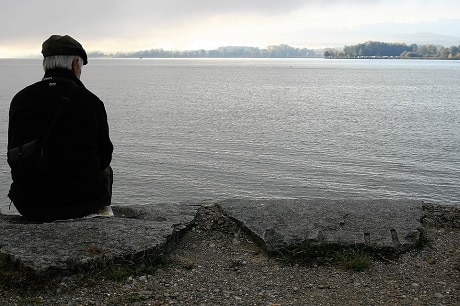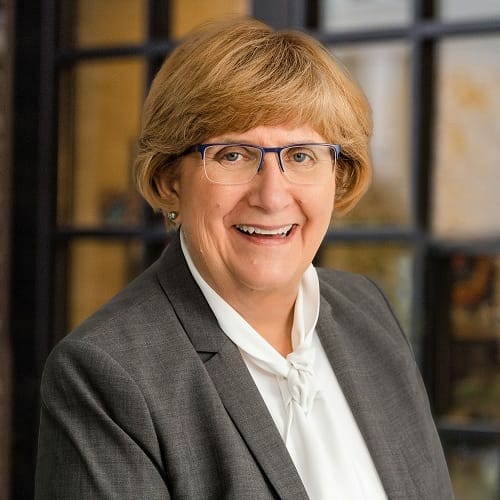
Caring for a family member with dementia is difficult. Not only do you grapple with the added responsibilities of monitoring another person’s life, but you also must come to terms with the idea that someone you love is going through a difficult change.
It’s not uncommon for caregivers to experience mixed emotions when caring for a loved one with dementia. Though we don’t immediately lose someone, we still experience the stages of grief: feeling anger, guilt, and sadness before we reach acceptance. Naturally, the prevailing emotion people feel when learning of a dementia diagnosis—their own or a loved one’s—is denial.
Laura Wayman – Dementia Whisperer
Laura Wayman, better known as The Dementia Whisperer, is a popular speaker in our communities whose ‘Loving Approach to Dementia Care’ seminar helps caregivers cope with new dementia diagnoses and changing conditions. She notes that denial kicks in when there’s something our mind can’t wrap itself around and figure out. The thought of watching a parent or spouse lose themselves can be too much to bear, so we use denial to cope with a change we can’t accept.
Wayman acknowledges a caregiver needs to feel their feelings regarding dementia diagnoses. It’s perfectly acceptable to experience the wave of emotions that can accompany a hard day or a successful day. She stresses that caregivers need to acknowledge the fact that we can’t stop, fix, or change dementia.
Though your loved one might have moments of clarity that make it easy to convince yourself they’re okay, it’s critical to recognize that changes are happening. Denying a diagnosis can cause your loved one harm, from operating a vehicle when they shouldn’t to becoming the victim of fraud.
Accepting your parent or spouse is changing, and that your life is changing as a result, will help you to see the bigger picture. Right now, one in five families deals with a dementia diagnosis. In the next ten to fifteen years, one in two families will have a loved one with dementia. Think of all the people who can relate to your struggles and frustrations.
Teepa Snow – Positive Approach
Dementia expert Teepa Snow, one of the world’s leading educators on dementia and care, finds the challenge in acceptance for many families is that they never volunteered for their new reality. The fear of the unknown is overwhelming but imagine the roller coaster of emotions your loved one is feeling.
“You can get on and off the train because you don’t have dementia, but you’re losing someone you care a lot about to it. Do you want to be on the train with them, or do you want them to travel alone?”
Care for Yourself
Once you’re ready to face your new reality, take steps to care for yourself. Join a support group to share experiences with other family caregivers or a trusted confidant. If you prefer to see a mental health professional, some counselors specialize in helping seniors and their family cope with change due to cognitive impairment.
Don’t forget to take care of yourself. Caregivers tend to ignore their needs. You have permission to ask for help or accept when someone offers support. You need to remain healthy to be the best caregiver for your loved one.
One great way to provide care for your loved one when you need time to work, travel, or take care of yourself is short-term care. Respite stays offer you peace of mind that your parent or spouse is in good hands when you need a little extra assistance. They’ll enjoy making new friends during meals, excursions, exercise classes, and programs catered to individuals with memory loss. If you’d like to learn more about respite stays, contact a Marketing Director at an Aegis Living community near you.
